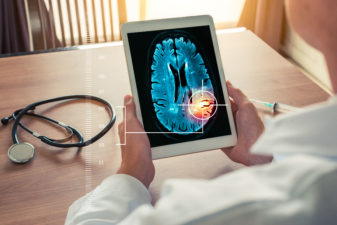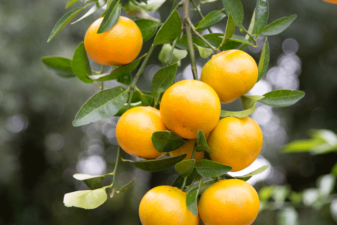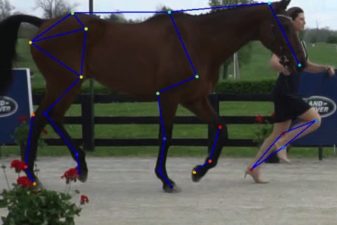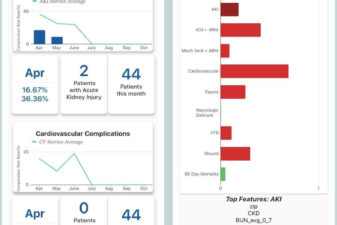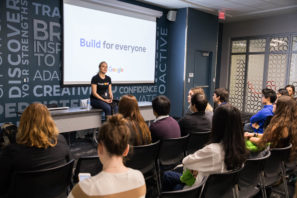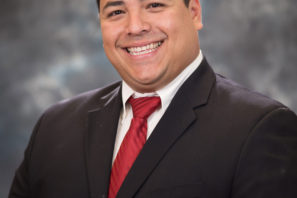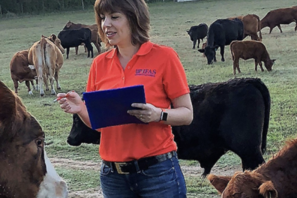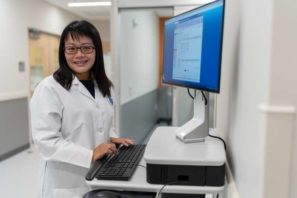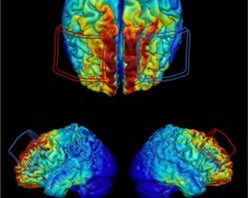E.O. Wilson once referred to invertebrates as “the little things that run the world,” without whom “the human species [wouldn’t]...
High-impact research is in full swing on the University of Florida’s powerful supercomputer, with faculty and students from across the...
As news broke that Florida’s citrus industry ended this year’s growing season with its lowest production in eight decades, an...
In a medical field like critical care, where time can mean life or death, a sepsis diagnosis is like the...
From the shutdown of an oil pipeline to disrupted access to government, business and healthcare system databases, high-profile cyberattacks in...
University of Florida scientists want to assess livestock mobility faster and more accurately, ultimately helping farm animal health and production....
Complications after surgery can pose many challenges for both physicians and patients. Now, University of Florida researchers have confirmed their...
Career experts at the University of Florida Career Connections Center are partnering with companies to identify how they’re using artificial intelligence, or AI, to ensure students have the skills they need to land a job of their choice after they graduate.
Diego Alvarado believes it’s vital that society understands the role artificial intelligence plays in everything we do.
“Everybody is calling it the new electricity,” said Alvarado, an instructional assistant professor at the Herbert Wertheim College of Engineering at the University of Florida. “It’s under the hood of almost everything. We need to be able to understand it.”
For a century, researchers have tracked genetic traits to find out which cattle produce more and better milk and meat. Now, two University of Florida scientists will use artificial intelligence to analyze millions of bits of genetic data to try to keep cattle cooler and thus, more productive.
University of Florida researchers are developing a new artificial intelligence tool that will help clinicians identify high-risk patients for opioid use disorder and overdose.
University of Florida researchers studying the use of a noninvasive brain stimulation treatment paired with cognitive training have found the therapy holds promise as an effective, drug-free approach for someday warding off Alzheimer’s disease and other dementias.


